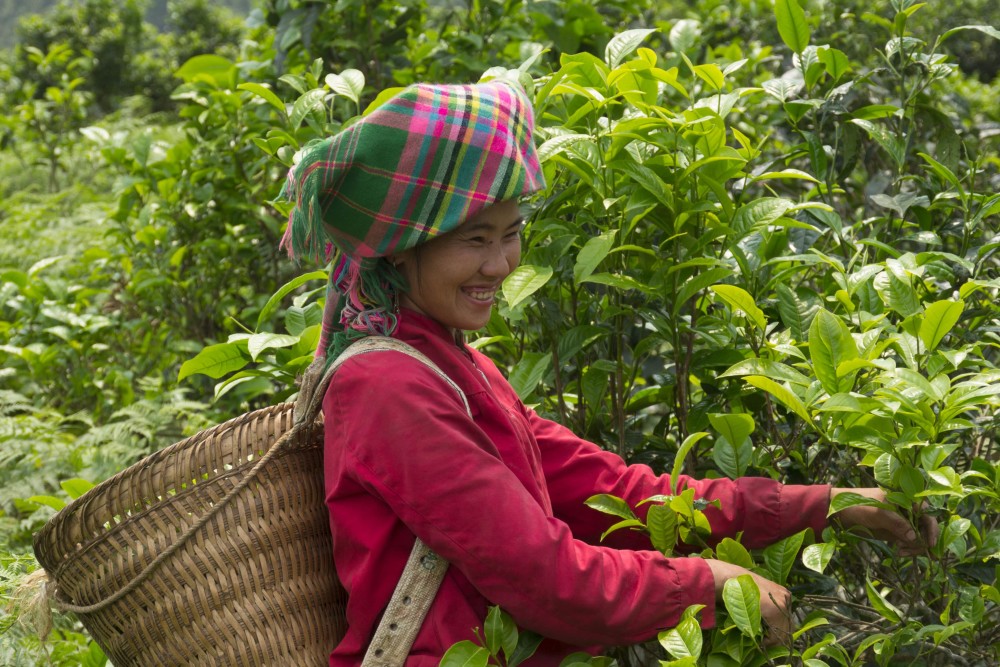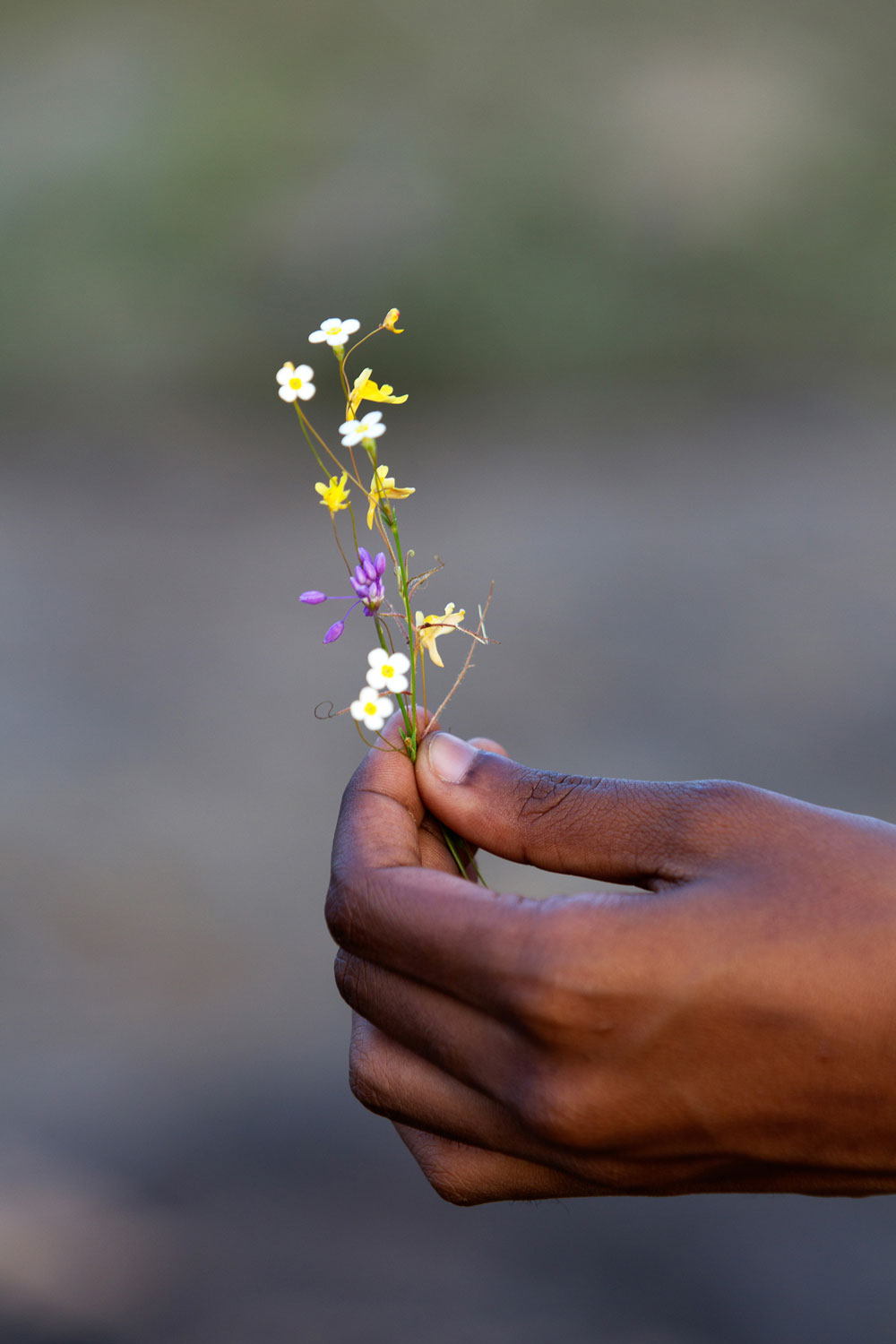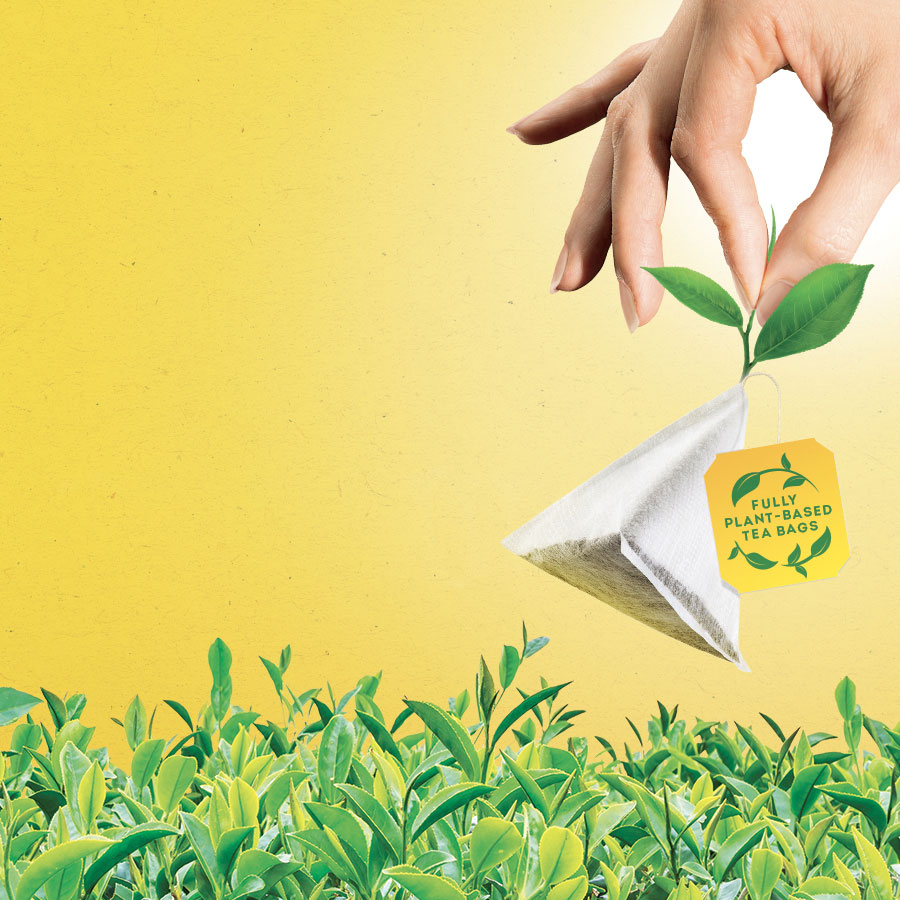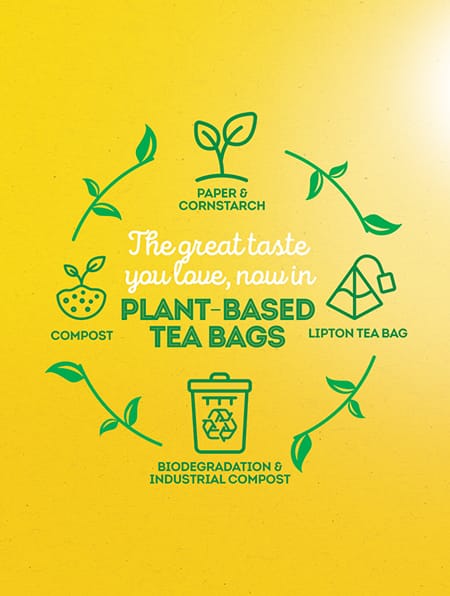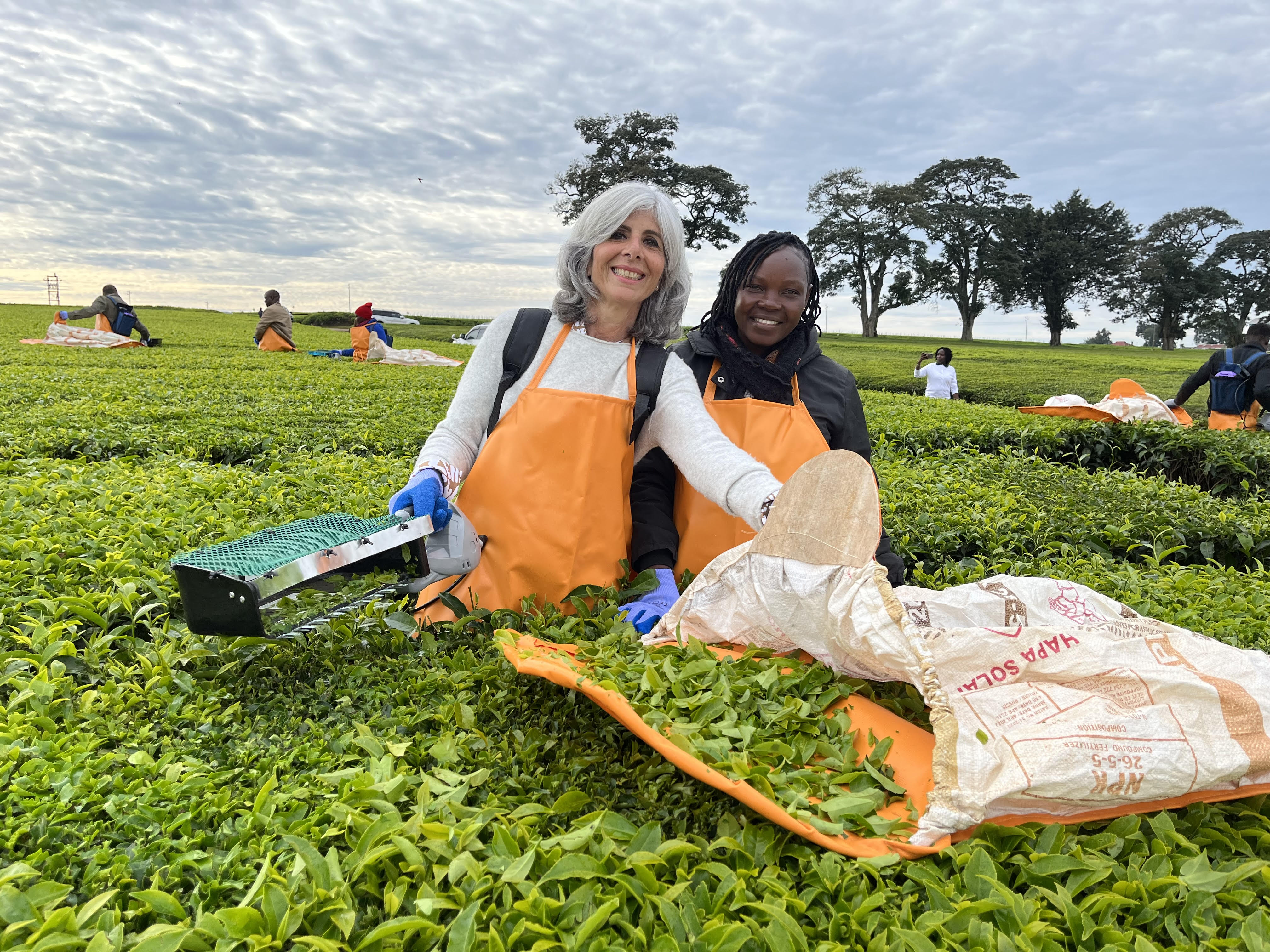Our brands as a force for good
A portfolio of 36 brands, each famous and meaningful to consumers at either a global or local level, contributing to the wellbeing of 400 million daily consumers through our teas and infusions.

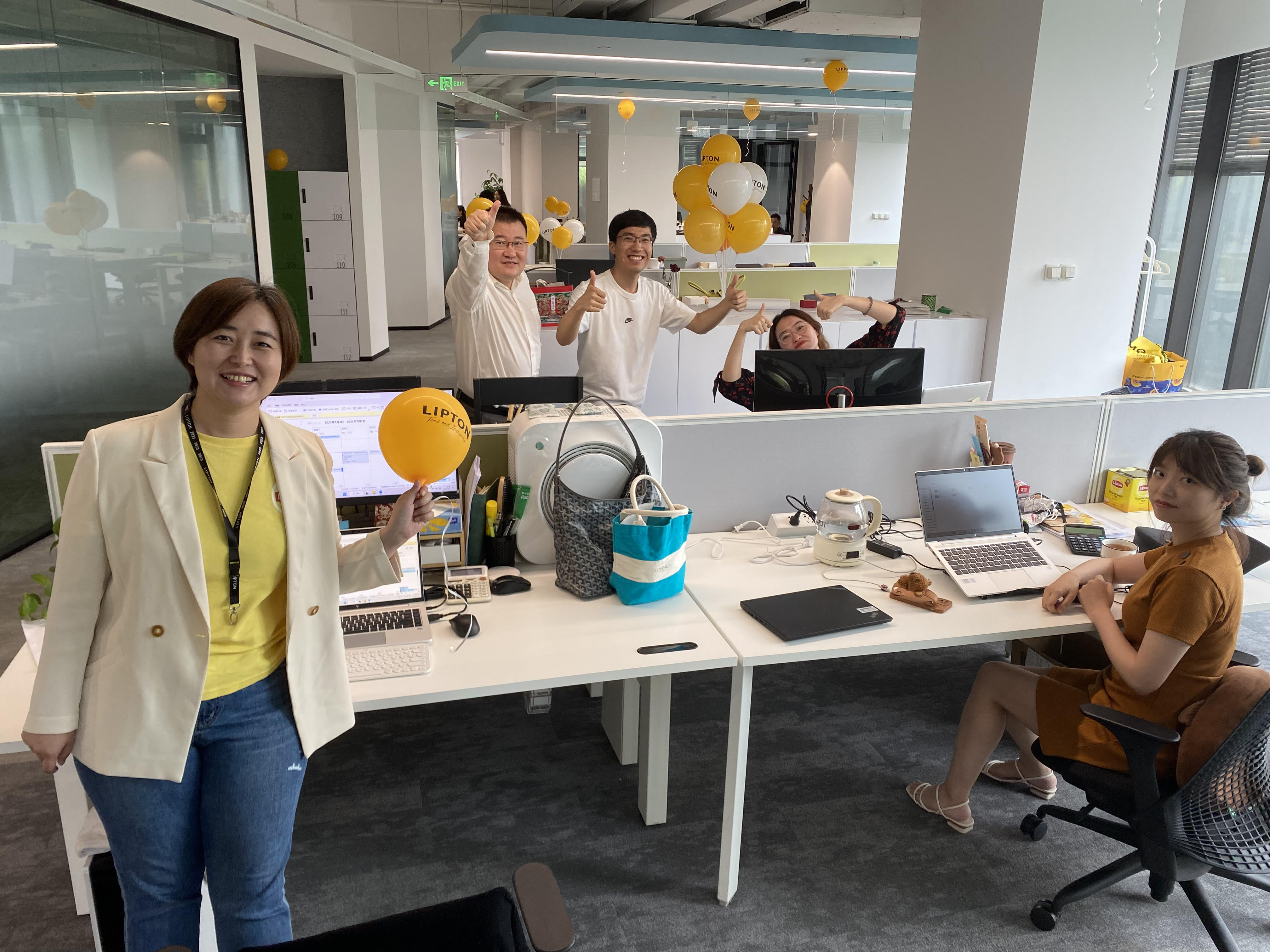
Emilia and Mikolaj

It all starts with our people, who drive the change
GROW are our values: Grounded in reality, Respectful for all, fostering Ownership and Winning together. Whether you’re looking for an internship, a graduate opportunity, or the next move in your career, you will be surprised by what you can achieve with us!





